All about the garage caisson
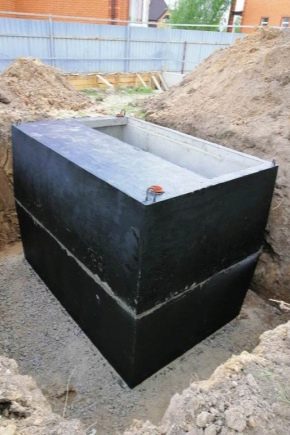
"Caisson" is a word that is of French origin, and in translation means "box". In the article, this term will denote a special waterproof structure, which is mounted in wet conditions in a garage or other outbuildings.
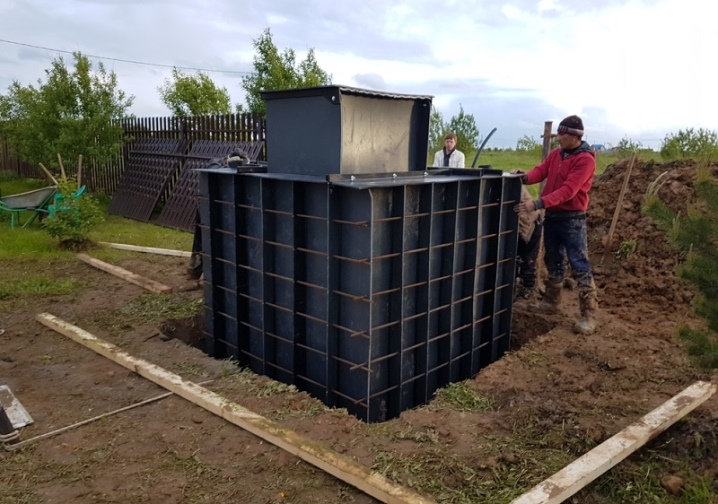
What it is?
Before figuring out what caissons are and how they are installed correctly, it is advisable to fully understand what they are.
The caisson is a special waterproof chamber that is usually installed in soil conditions that are constantly or periodically saturated with water.... Inside the garage, this structure is often made as a basement space where people store various food supplies. In addition, the caisson in the garage can function as a viewing pit. The structure can be metal, reinforced concrete or plastic. The caisson consists directly of the main chamber, which in most cases has the shape of a cube or cylinder with a neck, as well as high-quality waterproofing.
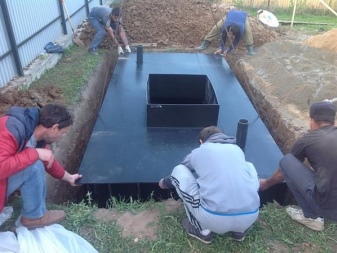
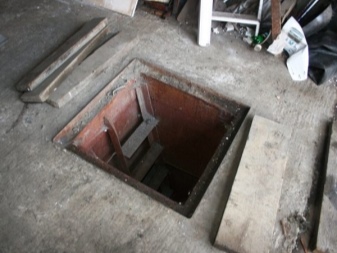
If you compare the garage caisson with traditional brick-lined basement structures, you can see many advantages of the former. The option under consideration is more reliable, since it is absolutely sealed. Thanks to this, all its contents will always remain intact and safe, even if there is a problem of flooding.
So that the tightness is always maintained at the proper level, the container must be supplemented with high-quality waterproofing and anti-corrosion coating.
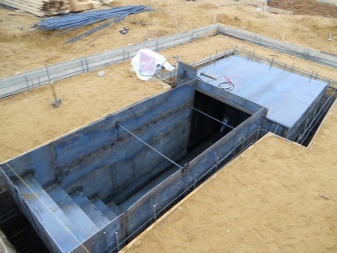
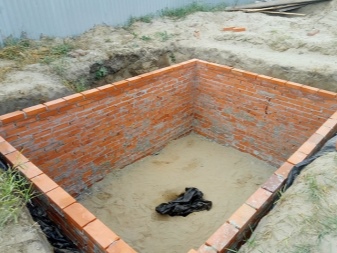
By equipping a high-quality caisson in a garage building, it is imperative to remember that its entire structure will be located directly in the depths of the earth. This suggests that the pressure from the soil on it will be quite serious, especially if the soil on the site is very wet. When freezing, the soil layers will expand, which will cause the load to increase. For this reason, it is important to ensure that the walls of the sealed chamber in the garage are as reliable as possible, and there is no risk of the container being squeezed out from the bottom up.
Only if these conditions are met, one can count on the fact that the caisson in the garage building will turn out to be a really useful and wear-resistant device that can last a long time.
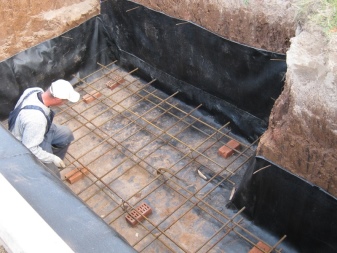
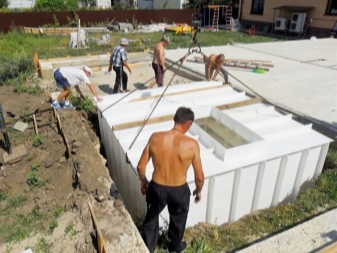
Description of species
Garage caissons are divided into several subspecies. Each of them has its own operational characteristics and installation features, which must be taken into account before proceeding to independent installation work.
Popular everywhere concrete caissons for garage premises... They are made of reinforced concrete rings. Containers made from these components are much more expensive than counterparts made from other materials. The main disadvantage of concrete rings is their very large mass, so you have to hire special equipment to work with them, which leads to additional costs. Caissons of this type can be difficult to waterproof properly.
But they also have a significant advantage - they do not corrode.
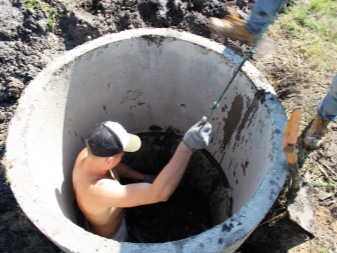
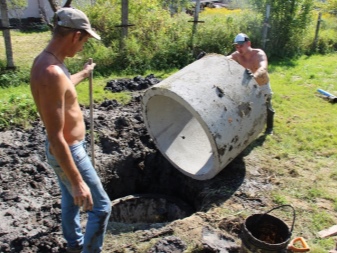
Metal caissons also require good waterproofing. They will also need to be treated with a high-quality anti-corrosion compound, which will have to be updated periodically. The anti-corrosion compound will need to be applied from the outside and inside of the structure. These events cannot be neglected.The metal version is a steel box with a thickness of 5 or 6 mm. Condensation here will be removed naturally through ventilation ducts.
The cost of the containers under consideration depends on the dimensions and applied coatings. They are practical and reliable, but they cannot be left without additional protective treatment.
The caisson for the garage can be made not only of concrete rings or iron, but also of plastic. Plastic construction is usually made of durable material with a thickness of up to 20 cm. Plastic does not undergo rust formation, so it can last longer than a metal product. So that the pressure from the side of the soil does not crush the plastic container, a sand layer 200 mm thick is poured around its perimeter.
However, this option is not suitable for areas with severe frosts.
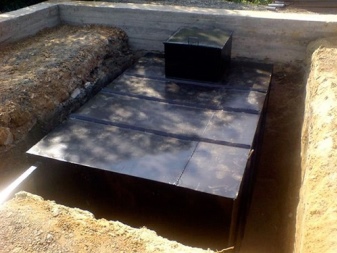
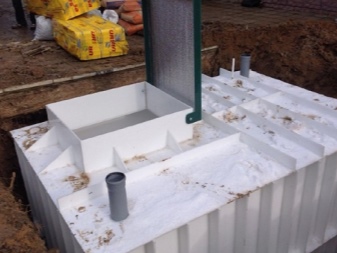
How to do it yourself?
The caisson of any modification can be equipped in the garage on its own. The main thing is to stock up on the necessary materials and tools. To build a reliable structure, it is enough to follow the step-by-step instructions.
First, preparatory work is performed, which cannot be neglected when installing the caisson in the garage on your own.
- In all cases, a pit is being dug. When determining its dimensions, it is necessary to take into account the dimensions of both the caisson itself and additional external devices: thermal insulation, waterproofing, a protective layer of sand.
- Having drawn up the external markings of the future pit, you can proceed to earthworks... When digging a hole, it is recommended to immediately lay the necessary trench, along which water pipes will then be laid if they are connected to central systems.
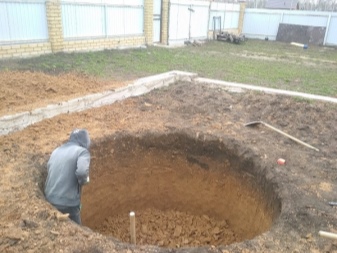
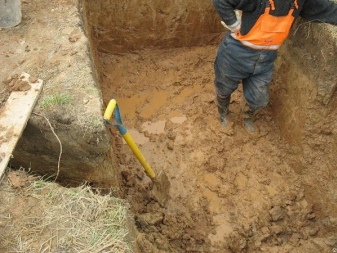
The next stage of work is waterproofing. Since the structure will lie at a point below the ground line, it will definitely need to be well protected from the negative effects of groundwater.
There are several methods for external waterproofing, namely:
- by means of roll materials;
- by processing with special hydrophobic components;
- through cementing.
The application of the coating in rolls is not the easiest one, because all surfaces of the base will have to be primed first. This will have to be done in several layers.
Any irregularities should be removed with cement mortar or a primer should be used again.
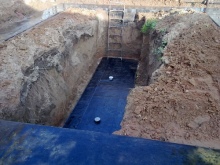
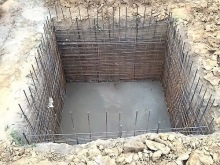
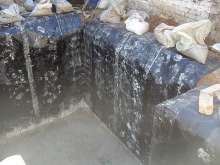
No priming is required for hydrophobic impregnations. To increase adhesion, it is enough to moisten the surface of the walls, as a result of which the agent will penetrate inside, filling the concrete vapors.
The most difficult process is cementing. To do this, a layer of cement of 6-7 mm must be laid on concrete rings (if they are used for installation). Then you have to wait about 10 days. As soon as the first layer is dry, a second one is applied for additional protection of the structure.
Next, the structure is insulated. Insulation is selected depending on the material of the caisson. Concrete ring structures are most often insulated using organic raw materials. Straw, peat, sawdust will do. Steel and plastic structures can be insulated with glass wool, polyurethane foam, polystyrene or basalt wool.
The thickness of the heat insulator layer in all cases must reach at least 300 mm.
In the course of insulating the structure, one must not forget about leaving ventilation gaps.
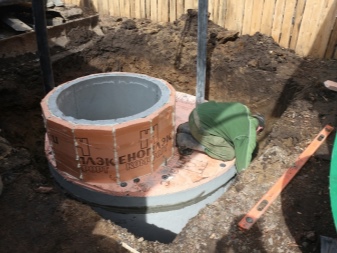
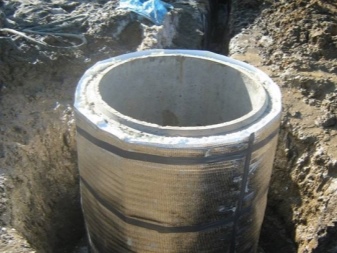
Now you can proceed to installing the caisson directly into the pit in the garage. You can assemble the structure right in the pit - each owner does what is more convenient for him.
When the caisson is already in the pit, you need to take care of its correct arrangement. It is recommended to install several convenient shelves of the required capacity in the inside of the mounted chamber. It is advisable to leave enough space in the lower tier of the structure in order to conveniently place various boxes or other necessary containers for products.
Since all installation work will be focused on impressive depths in the garage building, the master must have a strong and safe staircase in his arsenal. The most reliable are ladders, which are made of wear-resistant metal. These structures should be maximally secured to the wall from both sides at once.
It is advisable to fix several steel railings along the stairs for ease of descent and ascent.
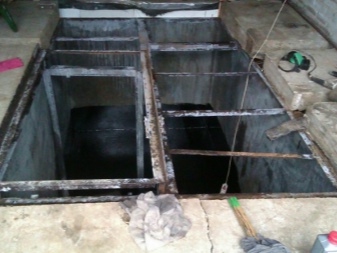
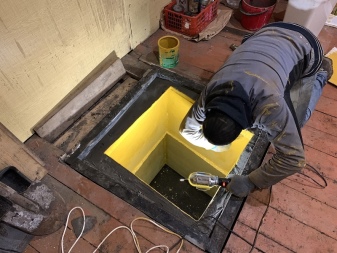
And you also need to make sure that the garage caisson is absolutely safe to use. It is important to make the approach to it clearly visible and distinguishable. The staircase leading down should not have any defects - only strong structures are allowed to operate.
Often, in the conditions of garage buildings, people equip caissons as spacious cellars. In such conditions, there are often cases when vegetables here begin to rot, emitting carbon dioxide. If it accumulates in a tight and confined space, it can easily lead to very serious poisoning. We must not forget about the ventilation device. Usually it is a vertical pipe, the lower end of which is located a few centimeters from the floor of the caisson, and the other is led out to the roof of the garage.
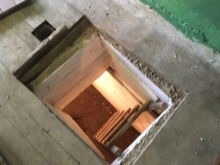
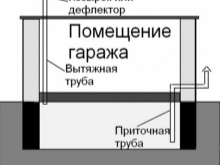
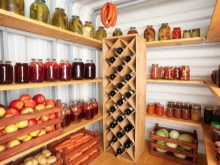
Before going down to the garage caisson, which plays the role of a convenient cellar, it is best to thoroughly ventilate it. To do this, you can simply open the hatch and garage door so that the flow of fresh air can freely flow into the room. Also, it is recommended check the performance of all ventilation elements on a regular basis... Absolutely all spoiled stocks must be immediately removed from such a cellar.
Many craftsmen who independently installed garage caissons are interested in how they can be painted from the inside. When choosing suitable paints and varnishes, it is recommended to take into account all the features of the mounted space. Since the level of humidity in underground rooms is usually quite high, it is advisable to give preference to substances that are more resistant to moisture. Facade paints and primers are ideal. They exhibit very good weather resistance properties and also protect walls from rust.
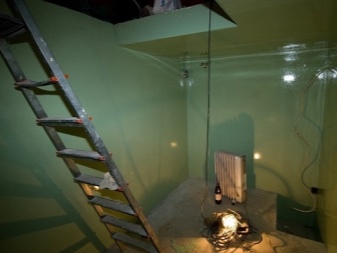
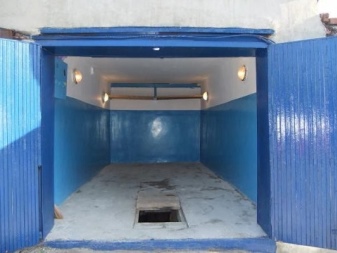
As for surfaces made of concrete or bases covered with plaster mixtures, these are usually finished with special dispersion compositions. They must be neutral to the action of alkalis that are released from the cement. A layer of such materials also acts as a good vapor barrier, due to which unnecessary moisture easily evaporates from the surface of the walls.
Self-installation of a high-quality garage caisson rarely causes serious difficulties, especially if the master relies on detailed instructions for its construction... To get good results, it is important to proceed in stages, taking your time.
None of the recommended installation steps should be neglected.
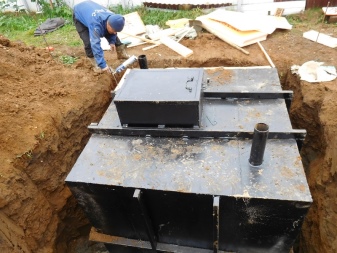
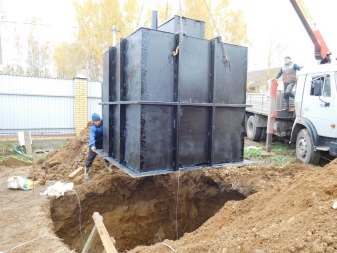
You can learn how to dig a hole in the garage for a caisson from the video below.




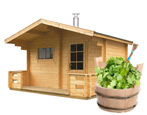
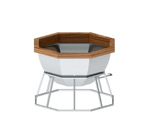
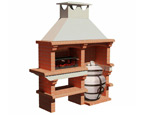
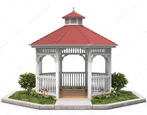

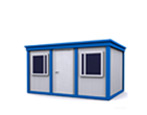

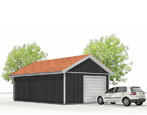
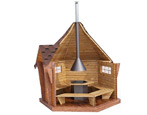

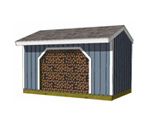
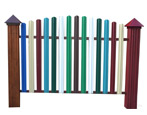
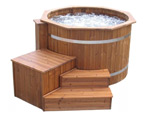
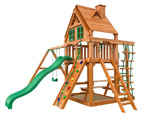

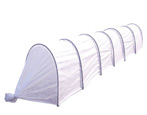
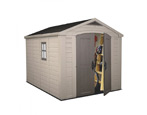
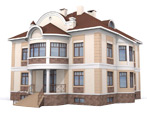







































The comment was sent successfully.